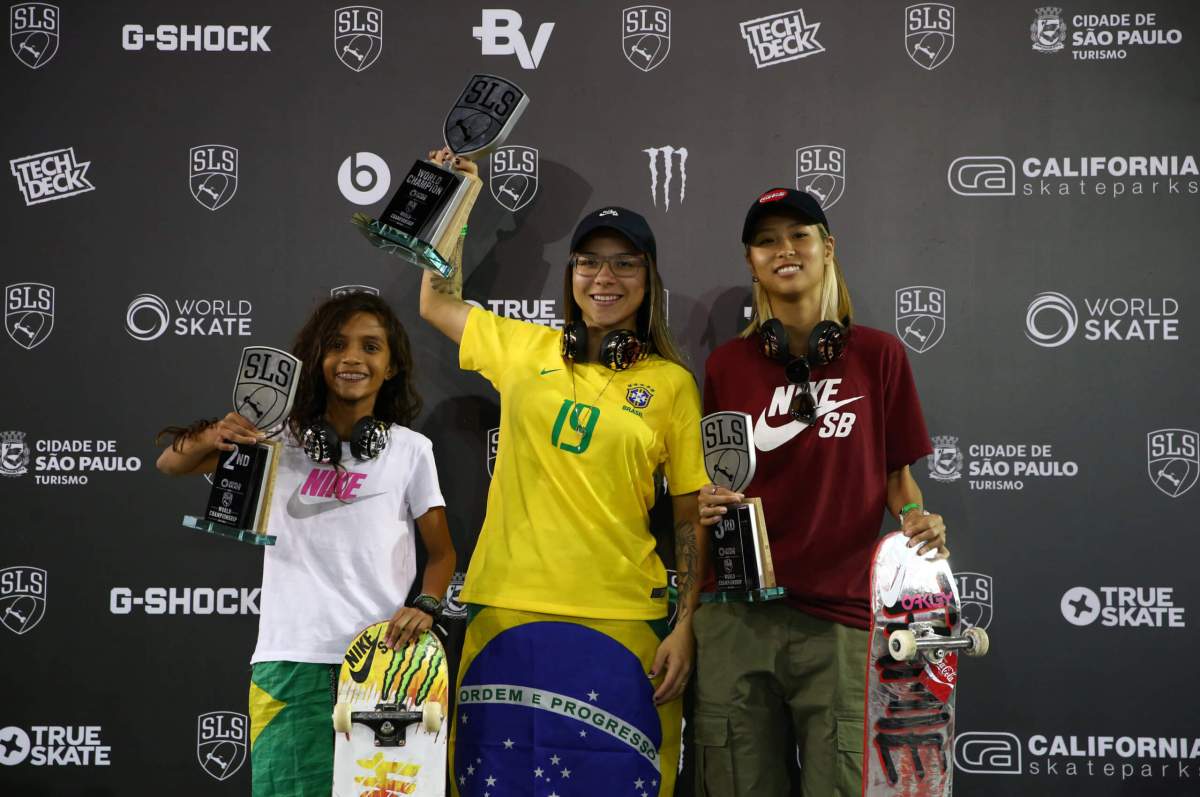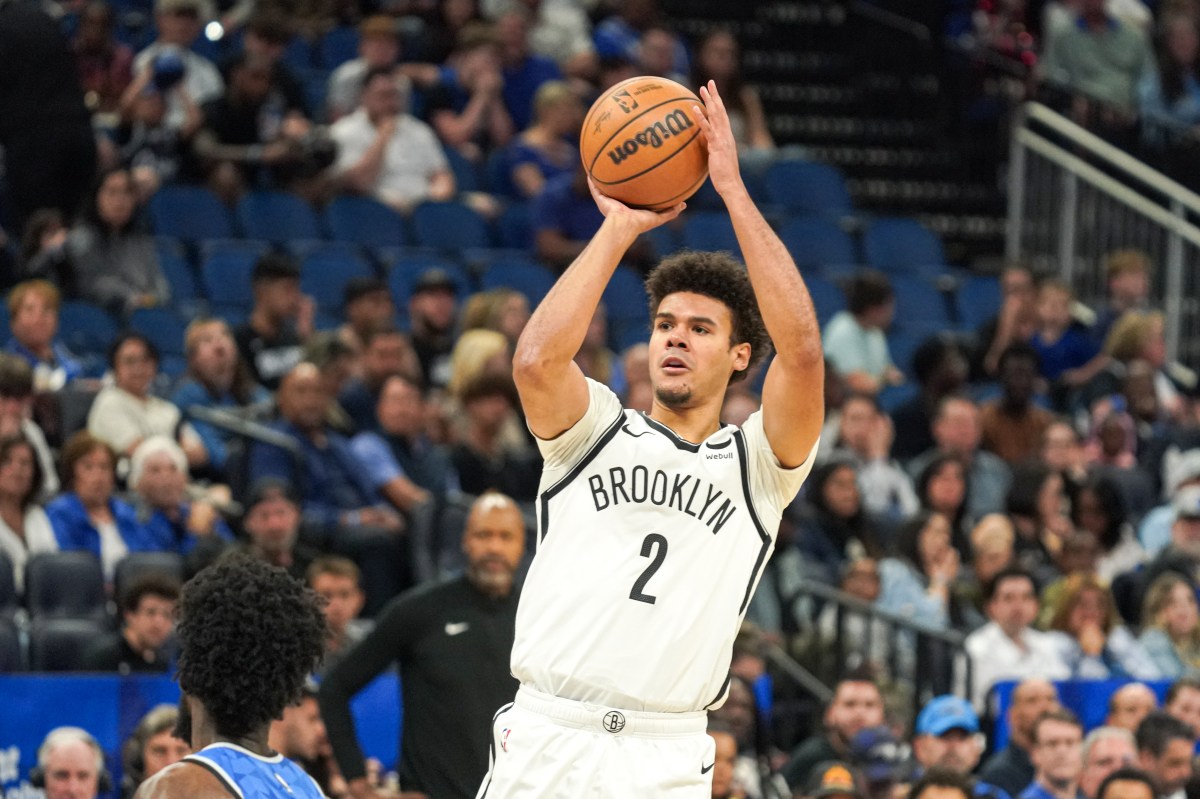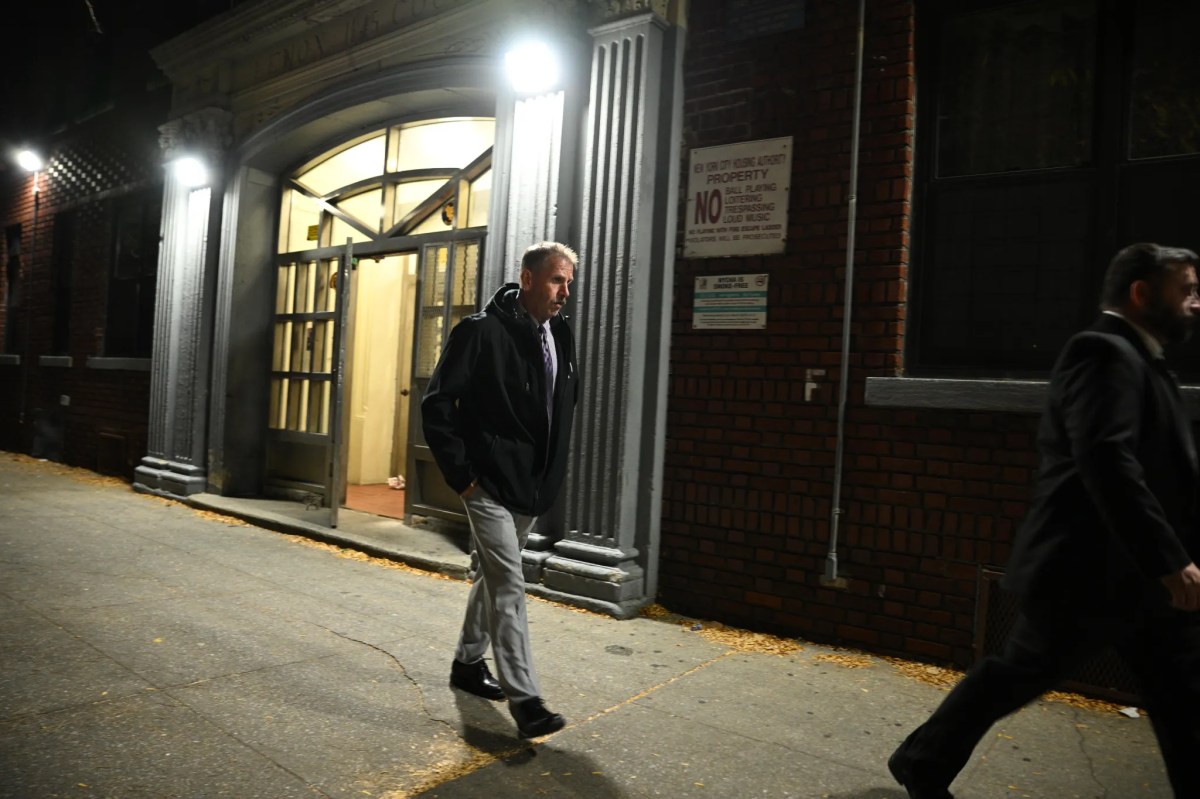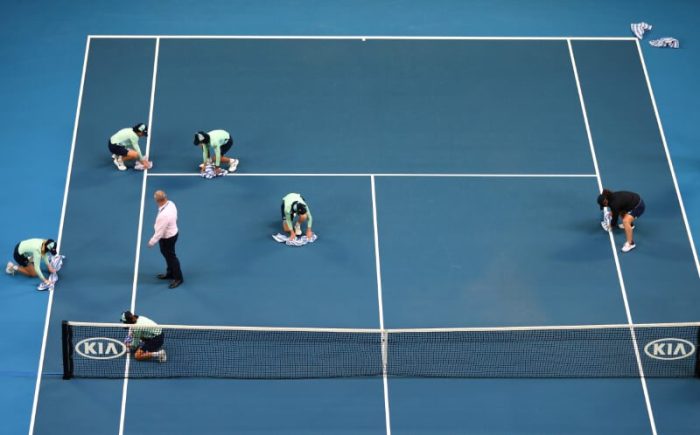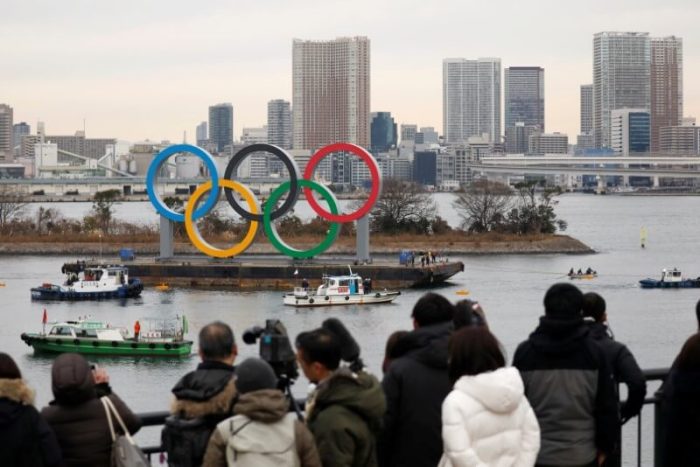SAO PAULO (Reuters) – Brazilian skateboarders finished one-two in the female category of the Street League World Championships on Sunday, a result that moved them closer to a place at Tokyo 2020 and confirmed Brazil’s eminence in one of the newest Olympic events.
The triumph came in front of a sell-out crowd of 8,000 in Sao Paulo, the home of Brazilian skateboarding and in particular the street discipline, one of two, along with park, that will be included in the Olympics for the first time next year.
Street skating is about flipping and riding boards up and down handrails and is dominated by Brazilian athletes, particularly in the women’s event where the top three in the world are all from the South American nation.
Pamela Rosa and 11-year old Rayssa Leal finished first and second on Sunday and the ranking points mean they almost secured a place in Tokyo.
“I am so excited about being in the Olympic Games,” Leal said. “It’s not quite guaranteed yet but I expect to be there.”
In the men’s event, the United States’ Nyjah Huston won his third consecutive world championship. Brazilian Kelvin Hoefler finished in fourth.
Brazil’s rise to the top of street skating is, skaters and experts said, comparable to their dominance in football.
Just as Brazilians have a famed ability to dribble a ball, they have an elasticity and balance that is crucial when riding a board. With a huge population of more than 200 million there is no shortage of competitors.
Beginners need only the most basic equipment – a cheap board – and with concrete, barriers and obstacles all commonplace in sprawling Sao Paulo, they can learn anywhere.
“You don’t need to be a member of a club or have a rich dad. You go outside and look for obstacles, there are rails and steps all over,” Pedro Rego Monteiro, executive director of Effect Sport, the organizer of the weekend event, told Reuters.
“In a country like ours where people don’t have much access to sporting infrastructure. This is a sport you can do without much planning. You’re also a member of a tribe, and in sport it’s important to be part of something.”
WORLD POWER
Globalization and Brazil’s emergence in the early part of the century as a world power have also played a role in the sport’s development here, said one former pro.
As the economy opened up and the middle class grew, it became easier for brands to import into Brazil and for skaters to travel abroad and compete.
“Brazil always had a huge skate scene. Skateboarding was heavily influenced by surf and Brazil had surfing,” said former Swedish pro Tobias Makinen.
“When I moved to Brazil there weren’t many Brazilians going to the U.S. and Europe because it was hard to get a visa. But it opened up a lot.”
The sport has continued to grow and the top Brazilian skaters are now well known, with big sponsorship deals and social media followings.
With 2.5 million followers on Instagram and her own TV show, Leticia Bufoni is one of skateboarding’s best-known faces and bodies, having featured in the 2015 edition of ESPN Magazine’s Body Issue.
However, Bufoni told Reuters that international success of the Brazilians is down more to their own hard work rather than official backing.
Almost all the top Brazilian skaters now live overseas, many of them in Los Angeles, where they have better facilities and are closer to major events and sponsors.
“I think it is much harder for the skaters that stay in Brazil to make a name for themselves,” said Bufoni, who has lived in California since she was 14. “You have to go to the U.S. to be successful.”
Skateboarding’s inclusion as an Olympic sport may yet change that. The decision prompted more investment and interest in South America, with the Brazilian Skate Confederation last year creating a circuit of events and a national team.
“Today it has changed a lot, there are a lot of areas to practice but we need more and better training centers, and indoor facilities, and also we need more events,” Bufoni said.
“The Olympics definitely provides more opportunities and visibility, and that means more sponsorship and more fans.”
“I have absolutely no doubt Brazil will win medals in Tokyo.”
(Reporting by Andrew Downie; Editing by Ken Ferris)

